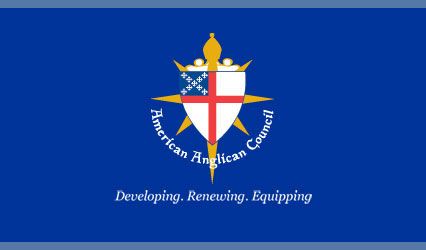Today the Texas Supreme Court handed down decisions in the two ECUSA cases pending before it: No. 11-0265, Episcopal Diocese of Fort Worth, et al. v. The Episcopal Church, et al.; and No. 11-0332, Masterson v. Diocese of Northwest Texas. In the first case, the Court sided with Bishop Iker’s Diocese by a closely split vote of 5-4, reversed the summary judgment of Circuit Judge John Chupp which had awarded all of the property and assets of Bishop Iker’s Diocese to the Episcopal Church and its rump diocese, and sent the case back to the trial court. The majority held that the trial court had improperly failed to apply a “neutral principles of law” analysis to the issues. The four dissenters did not disagree with that result, but instead believed that the Court lacked jurisdiction to hear a direct appeal from the trial court’s judgment in the case.
In the second case, the Court by a vote of 7-2 reversed the Court of Appeals’ decision requiring the Church of the Good Shepherd in San Angelo to turn over its building and all other assets to the Diocese of Northwest Texas. The Court definitively ruled that all Texas courts must follow “neutral principles of law” (rather than deferring to an ecclesiastical hierarchy), and that based on such an analysis, the Dennis Canon was not effective under Texas law (or that if it were effective to create a trust, the trust was not expressly irrevocable, and so could be revoked by the parish in question).
The two decisions establish “neutral principles of law” as the governing approach to church property disputes in Texas courts. (The Texas Supreme Court had last addressed the issue in 1909, seven decades before the U.S. Supreme Court authorized “neutral principles” in Jones v. Wolf, 443 U.S. 595 (1979).) And under that approach, as we have seen happen time and again more recently, courts are coming to realize that ECUSA’s case has no neutral principles going for it.
ECUSA loses under a true “neutral principles” approach because it ignores the Statute of Frauds in its Dennis Canon, and proclaims a trust on other peoples’ property of which it makes itself the beneficiary. And in the Diocese cases, where ECUSA does not even have the Dennis Canon available to it, it simply waves its hands and claims to have made an “ecclesiastical determination” that its Dioceses cannot withdraw from the denomination unilaterally, and that even if they could, the Diocese impliedly agreed to hold all of its property in trust for the denomination, and so must relinquish control of that property upon leaving. . .
Read the entire article here.


